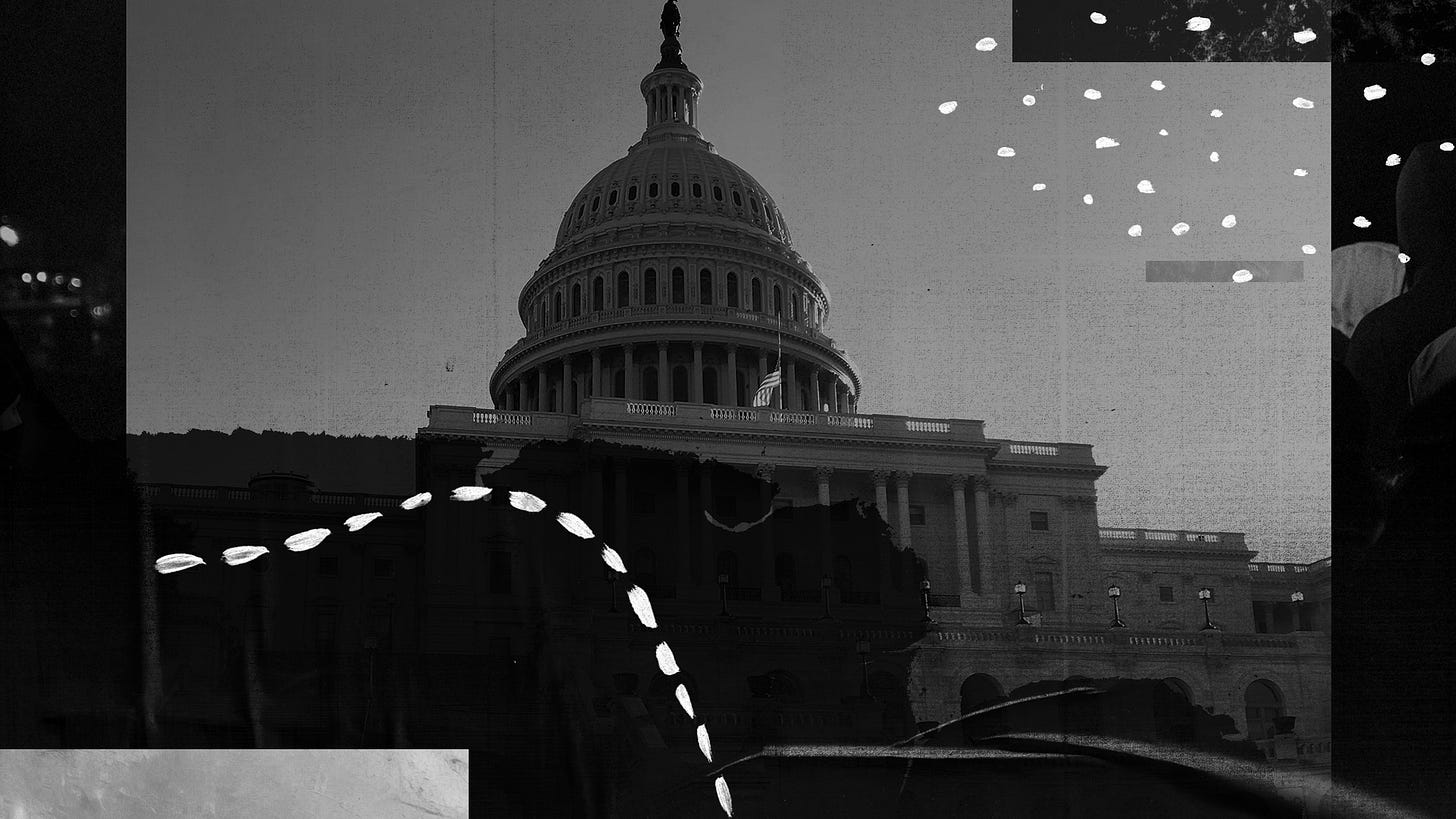CHRISTOPHER F. RUFO

The editors at Aporia magazine have published an essay comparing my book America’s Cultural Revolution, which argues that cultural and institutional capture are at the heart of the radical Left’s rise to power, to Richard Hanania’s book The Origins of Woke, which argues that civil rights law is the key mechanism for explaining the rise of left-wing identity politics.
To an extent, my argument is that this is a “both/and” scenario. The radical Left captured America’s institutions through cultural conquest as well as using civil rights law as a powerful mechanism for formalizing its rule. The solution to this problem, logic would seem to dictate, will require countering both approaches. But the question that Ivanov raises is one of emphasis and centrality: which is the proximate cause, and which is the ultimate cause?
We can discern the relative weight of “culture versus law” by conducting a simple thought experiment: If we could instantly abolish one of these conditions, which would be more effective? That is, would we remove the cultural elements of left-wing radicalism—the ideology, the language, the activists within the institutions—or would we remove the provisions of civil rights law that have enabled its bureaucratization?
I believe the answer is clearly the former. As Ivanov notes, Hanania himself writes that “the text of civil rights law is actually quite innocuous, and it was only through judicial and bureaucratic activism that such law became a tool of social engineering.” In other words, civil rights law, and especially its interpretation, is dependent on the culture that surrounds it. Activists shape the conceptions, detach them from their original intentions, and apply them ideologically as a matter of policy. The legal text becomes nothing more than a justification for and an instrument of the broader cultural war.
This is an unhappy conclusion for the Right. To stop the advance of left-wing radicalism will require more than winning elections and changing laws; it will require deep cultural and institutional change, led by, in Ivanov’s words, “a community of people who are ready to fight for their ideals, and who command power.”
No comments:
Post a Comment